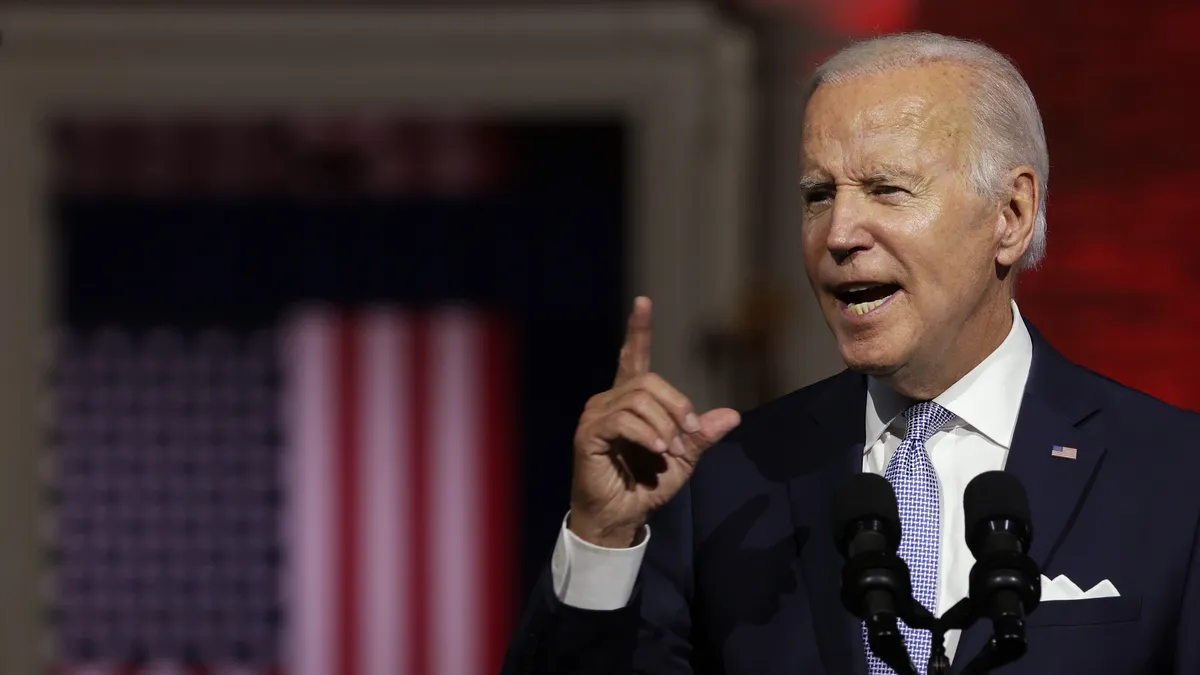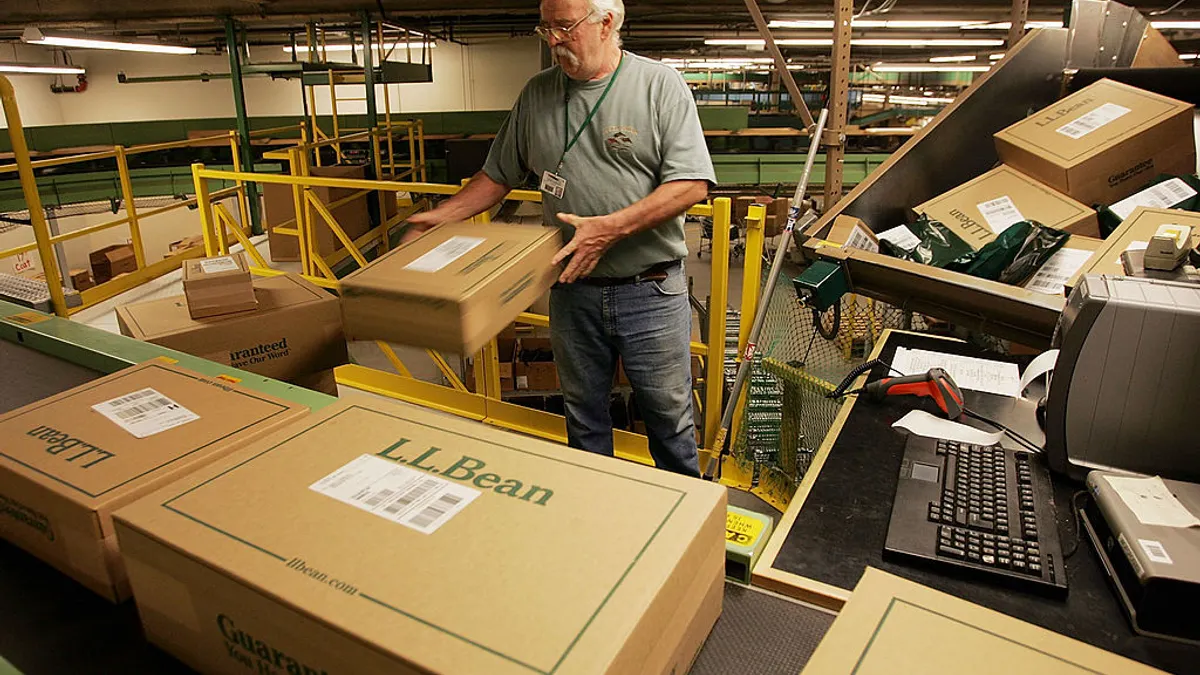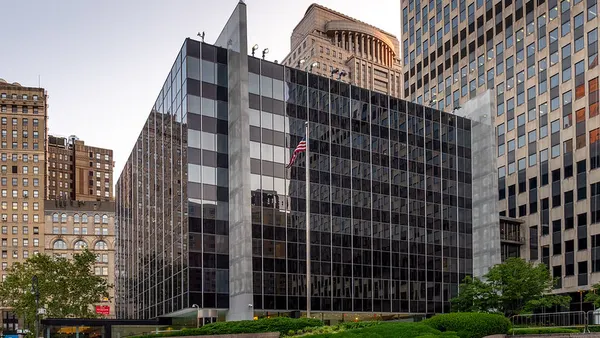China will increase its tariff on U.S. imports to 125% on Saturday, the country’s Ministry of Finance announced Friday.
The move is in response to the United States increasing its duties on goods from China to 125%, according to the Ministry of Finance, which said the U.S. government's actions violate trade rules.
The two countries have rapidly raised tariffs against each other since President Donald Trump's announcement of a 34% duty for imports from China last week. When China responded in kind, the U.S. increased its tariffs by 50%. China countered the hike by announcing an 84% tariff on U.S. imports.
On Friday, White House Press Secretary Karoline Leavitt said that the the total rate on China is now 145%, indicating that the 125% rate Trump ordered Wednesday compounds on the two 10% hikes he enacted in February and March. Those two tariff increases are related to the national emergency Trump has declared on fentanyl trafficking, while the 125% duty is a result of a separate national emergency related to the U.S. trade deficit.
The tit-for-tat trade exchange escalated further when Trump on Wednesday increased tariffs on imports from China again despite pausing most other country-specific duties.
China's Ministry of Finance signaled in a separate announcement Friday that the country won't retaliate if the U.S. increases duties again, adding that U.S. imports will no longer be marketable in China under the 125% tariff level.
The World Trade Organization projects merchandise trade between the U.S. and China could decline by up to 80% as their trade war drags on. The tension could fragment global trade along geopolitical lines and drive a long-term reduction in global real gross domestic product by nearly 7%, WTO Director-General Ngozi Okonjo-Iweala said in a statement Wednesday.
Editor's note: This story was updated to include additional information on China, Canada and Mexico tariffs, and an updated statement from World Trade Organization Director-General Ngozi Okonjo-Iweala.













